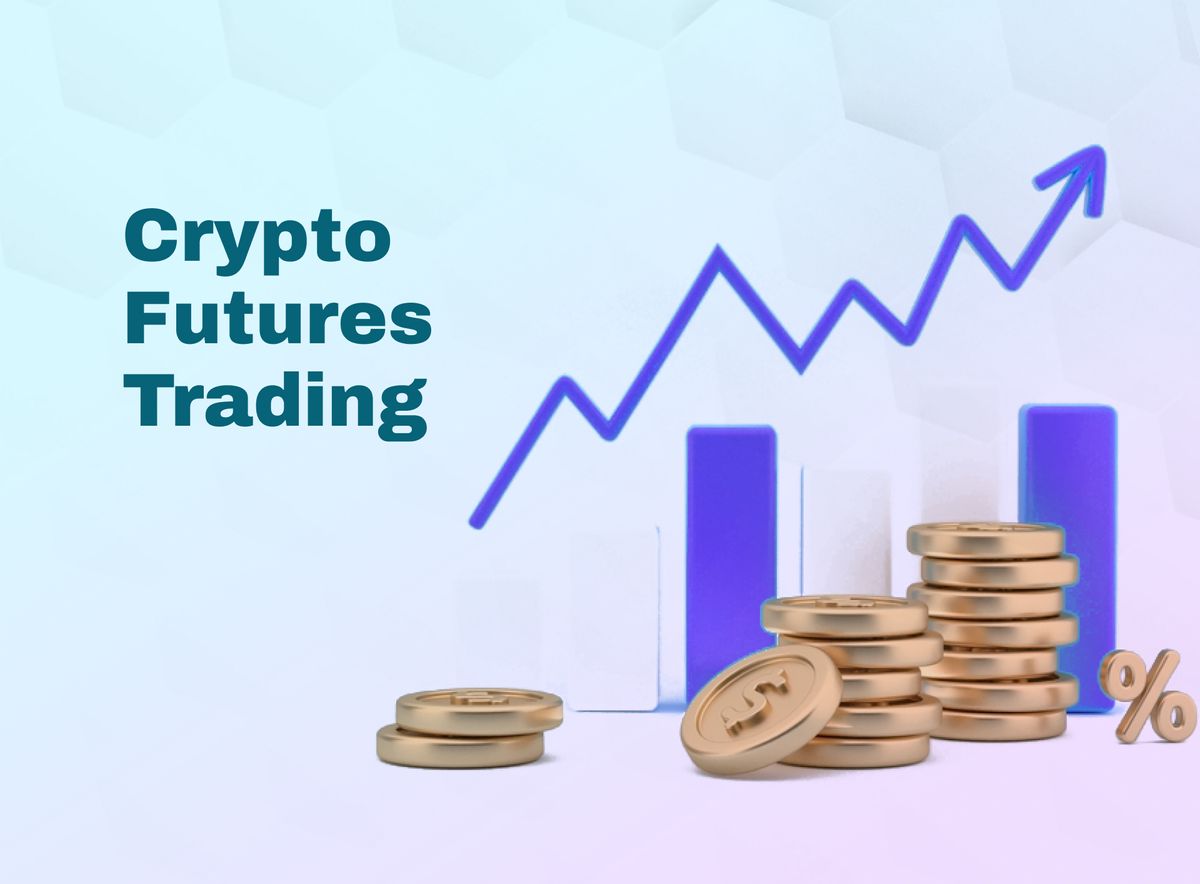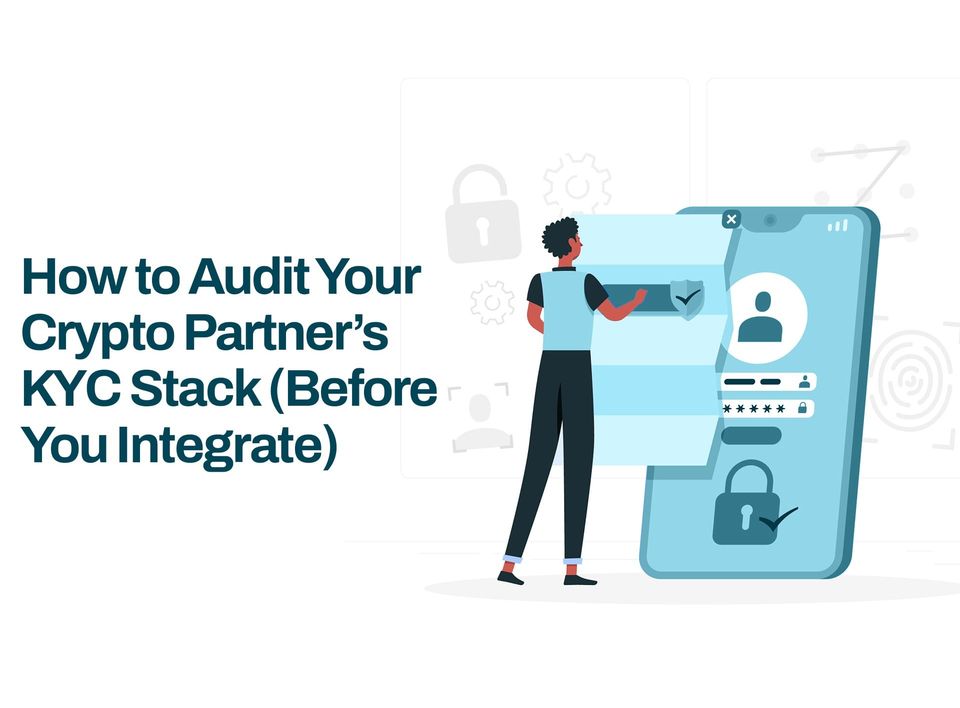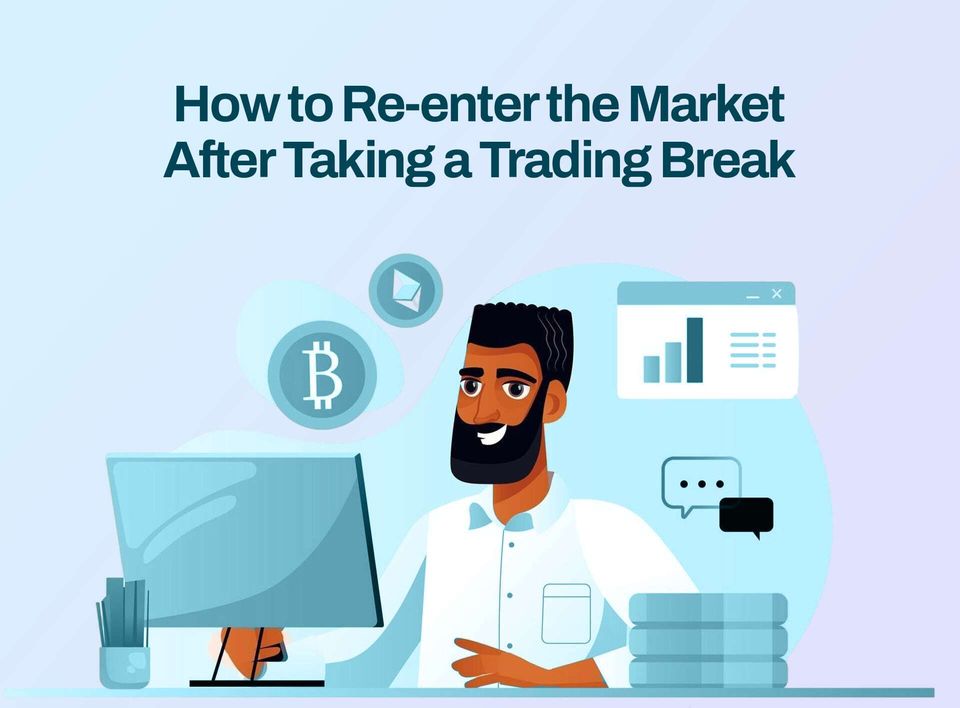What is Cryptocurrency Futures Trading And How Does It Work?
Futures trading is a type of trading that involves speculating on whether a coin or token will go upwards or downwards in price.

There are many ways to trade or invest in cryptocurrency, and futures trading is one of them. Crypto futures trading is typically used by experienced traders skilled in cryptocurrency technical and fundamental analysis.
This article explains what futures trading means and how it works. At the end of this article, you'll know if it's suitable for you to get into.
What is Cryptocurrency Futures Trading?
Futures trading is a type of trading that involves speculating on what price trend a crypto asset will take without actually owning the coin or token. Traders use technical and fundamental analysis, and sometimes their instinct, to estimate whether a particular cryptocurrency's price will go up or down in the future.
What Is A Futures Contract?
Similar to how the blockchain supports crypto, futures contracts support futures trading. A futures contract is an agreement between two traders to sell or buy a coin or token at a predetermined price and date.
How Does Crypto Futures Trading Work?
Futures trading differs from other types of crypto trading, like spot trading, because it involves a single cryptocurrency rather than trading one coin/token for another. It's also different because traders don't directly trade with the market. It's a seller-buyer rather than a trader-market method of cryptocurrency trading.
In futures trading, traders either open a long position (going long) or a short position (going short).
Going Short means you expect the price of a cryptocurrency to stay below a particular price level, so when the pre-agreed day on the futures contract comes, you can sell it at that specific price and make a profit.
For instance, a trader may open a futures contract to go short on Bitcoin. This means he agrees to sell BTC at a particular price on 15 December 2022. Another trader interested in the trade will take up the offer by going long.
Let's say the agreed price is $20,000 per BTC, and the current BTC price is $15,000; the seller will make a profit if the price of BTC stays below $20,000 while the buyer will lose.
Conversely, if the price of BTC hits $35,000 on 15 December, the buyer will make a profit while the seller will lose.
Sometimes, crypto futures traders borrow funds from cryptocurrency exchanges to increase their potential profit. This is called leverage and is gotten in multiples of the original trade you wish to make. For instance, you can get a leverage of 10x or 50x of your futures trade amount. It's similar to getting a loan from an agency to invest in a business you're sure to make a profit from.
It is important to note that the more leverage you borrow, the higher your risk of losing huge amounts of money. The potential for high profits is always closely parallel to the potential for high losses.
Also, the amount you can trade is dependent on how much margin you have. Margin is the minimum collateral amount you must have in your crypto wallet to carry out trades. The higher the amount you wish to invest in futures trading, the bigger the margin the crypto exchange service needs to complete the trade.
Once a futures trade is made, a trader can only cancel the trade before the pre-set date by opening the opposite trade to their initial trade. That means if they went short on the trade, they could only cancel it by going long. Both parties must fulfil the contract once the pre-agreed day is reached.
Benefits of crypto futures trading
Higher potential profits
Trading crypto futures can bring huge profits, doubling if you trade with leverage. Your potential profit may even exceed your expectations.
Convenience
Trading crypto futures requires less from you than other trading methods like spot trading. You don't need to be actively involved in the market to trade futures. Perhaps, that's why crypto futures trading is nearly three times larger than spot trading.
Risks of crypto futures trading
Market volatility
The crypto market can behave as crazy as a physical commodity market. Anything can happen at any time. The volatility of the market can either swing in your favour or against you. That's why traders are advised to take fundamental and technical analysis seriously. It is advisable to always be informed before making any trades or investing in any cryptocurrency through futures trading.
Higher Potential Loss
Trading crypto futures can bring huge losses, and it can multiply if you trade with leverage. If the market goes against you, you can lose everything.
Is Crypto Futures Trading Right For You?
Cryptocurrency futures trading can be highly rewarding, and many traders do it full-time. If you're new to cryptocurrency and are interested in futures trading, gaining some experience is advisable before engaging in it. Study the market, learn analysis methods and how the cryptocurrency you want to go short or long on works.
Cryptocurrency futures trading is the definition of high risk, high reward.
You must be extremely careful and have considerable experience before trying your hand at it. You need market experience, time and solid analytical skills to execute more winning trades than losses.
Disclaimer: This article was written to provide guidance and understanding. It is not an exhaustive article and should not be taken as financial advice. Obiex will not be held liable for your investment decisions.




